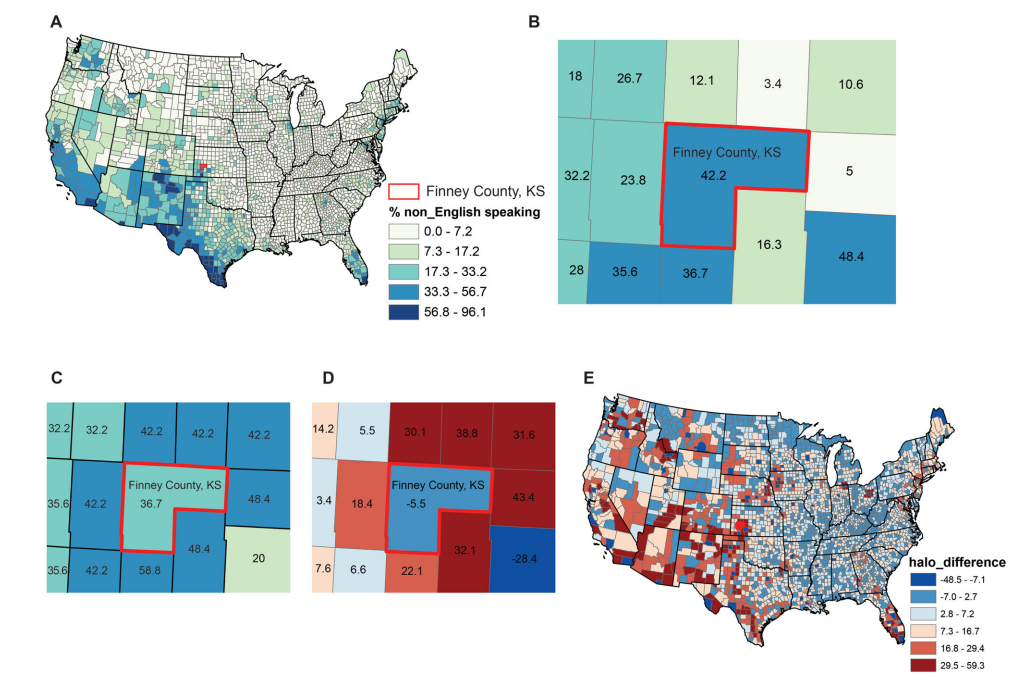CFP for the 5th special issue on Spatial Ecology in International Journal of Geographical Information Science is announced.
Special Issue Editors:
Assoc Prof Jennifer Miller, University of Texas at Austin, USA;
Assoc Prof Shawn Laffan, University of NSW, Australia;
Prof Andrew Skidmore, ITC, University of Twente, The Netherlands;
Prof Janet Franklin, University of California-Riverside, USA
A 5th special issue on spatial ecology has been approved by the Editors and Publisher of the International Journal of GIS. You are encouraged to submit relevant and high quality manuscripts for this special issue (see details below). This special issue continues the tradition of Spatial Ecology publications in the IJGIS.
For this special issue, we are seeking the submission of papers from ecological and related environmental studies, as well as more technical articles including topics such as spatial data infrastructure relevant to ecological applications. We are especially interested in special and novel ways of addressing spatial ecology questions, managing spatial ecological data, and advancing open science in spatial ecology.
Key words and topics for this special issue include scale, geovisualization, spatial data infrastructure for ecological (biodiversity) data, methods to derive ancillary data required for ecological modeling (climate, terrain, soils etc), animal movement including both spatial and temporal analysis, phenology, global databases for ecological studies (biodiversity, NPP, carbon etc), fragmentation and connectivity, biodiversity hotspots and endemism, physical vegetation structure for biomass assessment, palaeoecology and reconstructing past environments with respect to climate change, innovative methods and models for spatial ecological analysis, and open science and new directions for spatial ecology research. Applications across terrestrial, marine and atmospheric ecology are welcome. Relevant cross-over papers between GIS and remote sensing will also be considered.
The deadline for submission of papers is 15-July-2018. The anticipated publication date will be in 2019.
Papers are to be submitted via http://mc.manuscriptcentral.com/ijgis. Please choose ‘Special Issue Paper’ from the Manuscript Types field when doing so.


